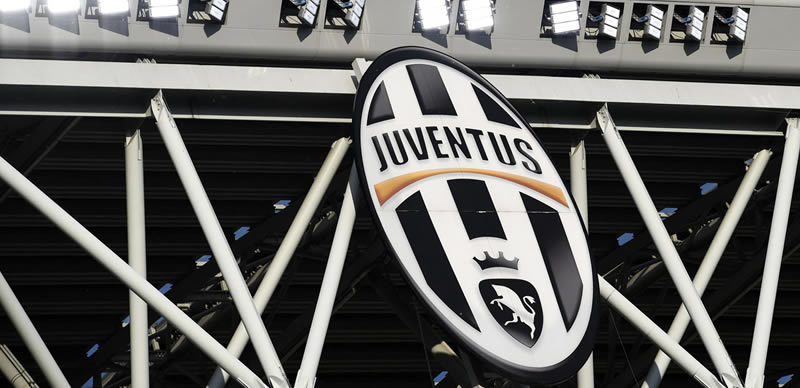Juventus has recently been readmitted to the European Club Association (ECA) after their unsuccessful attempt to establish a continental Super League, according to ECA chief Nasser Al-Khelaifi. Juventus, one of Italy’s most prestigious football clubs, had previously left the ECA to support the Super League initiative launched in April 2021. However, the proposal rapidly unraveled amid public outrage and serious threats from UEFA and FIFA, the sport’s primary governing bodies. Al-Khelaifi, who also serves as president of Paris Saint-Germain, expressed his satisfaction in welcoming Juventus back to the ECA, highlighting that now all top division clubs in more than 20 countries are affiliated with the organization.
The Super League project was originally championed by Juventus’s former chairman Andrea Agnelli, alongside other prominent clubs such as Real Madrid and Barcelona, forming one of the twelve founding members. Despite the ambition behind the project, it faced a swift defeat in light of widespread disapproval from fans as well as legal and financial repercussions from football authorities. Following the failure of the Super League, Agnelli found himself in legal trouble, receiving two lengthy bans from Italian football, as both he and Juventus were implicated in a series of financial improprieties confirmed by Italy’s football federation.
While the first iteration of the Super League has largely been abandoned, its concept has not disappeared. A22 Sports Management is now advocating for a restructured version of the breakaway league, which is intended to comprise 64 teams divided into three divisions. This proposal aims to create a more sustainable model that could potentially address some of the criticisms that led to the original initiative’s downfall. By positioning itself with a more inclusive structure, A22 hopes to reignite interest in the Super League concept among fans and clubs alike.
Adding to the complexity surrounding the Super League, a groundbreaking ruling was made by the European Union’s Court of Justice in December of the previous year. The court ruled against the imposition of a ban on the Super League by UEFA and FIFA, officially declaring that such restrictions were in violation of EU law. This legal precedent could potentially pave the way for future discussions and developments regarding alternative competitions within European football, sparking ongoing debates about the governance and future direction of the sport at the continental level.
Juventus’s rejoining of the ECA signifies not only a reconciliation with the established football community but also reflects the shifting dynamics in European football governance. As clubs navigate the fine line between traditional competition structures and innovative new models like the Super League, this case will likely serve as a pivotal moment in understanding how power and influence operate within football administration. The re-entry of Juventus into the ECA may also stimulate new conversations around collaboration among clubs, focusing on long-term sustainability and adherence to financial fair play regulations.
As Juventus resumes its position within the ECA, the implications for the club and the broader football ecosystem remain significant. The journey of the Super League, from a high-profile initiative to a controversial campaign faced with legal opposition and fan backlash, illustrates the challenges that major clubs face as they seek to balance ambition with responsibility. With a renewed focus on collaboration and compliance, it will be interesting to see how Juventus and other prominent clubs navigate their roles in the evolving landscape of European football. The ongoing discussions about the future of competitive structures will undoubtedly shape the trajectory of the sport in the years to come.














